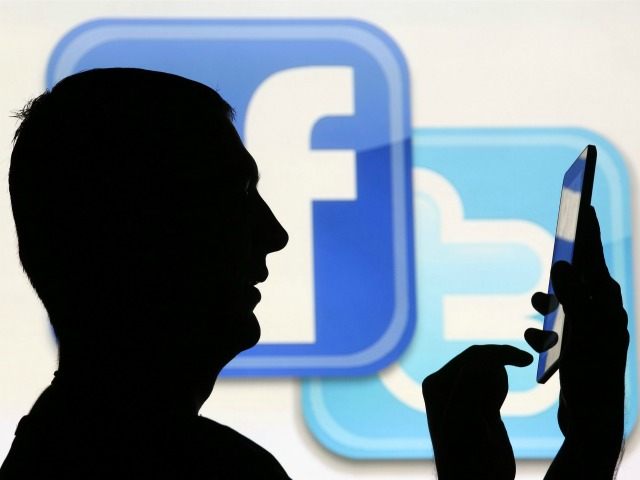Pope Francis tackles more than just dirty air and polluted rivers in his new encyclical on the environment. He also warns that a society dominated by media and Internet can stifle human relationships and dull the mind, a syndrome he refers to as “mental pollution.”
“When media and the digital world become omnipresent,” Francis writes, “their influence can stop people from learning how to live wisely, to think deeply and to love generously.”
One of the effects of always being online, the Pope says, is the danger of an “information overload,” whereby people ignore “the great sages of the past” because they are subjected to “the noise and distractions” of constant mental stimulation. Only by moderating media use, he counsels, can they become sources of “cultural progress” for humanity, rather than a threat.
Wisdom and information are not exactly the same thing, says the Pope, and the mere agglomeration of facts does not make one wise. True wisdom, he says, is “the fruit of self-examination, dialogue and generous encounter between persons.” A mere accumulation of data, on the other hand, leads not to wisdom, but to “overload and confusion, a sort of mental pollution.”
Another risk of media overuse is the substitution of human relationships with virtual ones, a phenomenon particularly common in social media. The Pope seems especially concerned with the sort of platform where people can be “friended” and “defriended” at the touch of a button, unlike real human relationships that require time and hard work.
“Real relationships with others,” Francis writes, “now tend to be replaced by a type of Internet communication which enables us to choose or eliminate relationships at whim, thus giving rise to a new type of contrived emotion which has more to do with devices and displays than with other people and with nature.”
Though the social media enable us to communicate and to share our knowledge and affections, Francis says, they also “shield us from direct contact with the pain, the fears and the joys of others and the complexity of their personal experiences.” The abuse of the new media can cause “a deep and melancholic dissatisfaction with interpersonal relations, or a harmful sense of isolation,” he writes.
The Pope’s analysis seems to echo what a number of psychologists and sociologists have been observing for some time.
“Research shows a significant decline in empathy and an increase in narcissism among young people compared to the previous generation,” says Dr. Jim Taylor, a psychologist and the author of Raising Generation Tech. “We can’t determine whether the cause is social media and technology, but it’s occurred pretty much coincidentally with the emergence of the Internet.”
Likewise, Dr. Alex Lickerman has called the Internet “an electronic drug that often yanks us away from the physical world.”
The problem, he says, “comes when we find ourselves subtly substituting electronic relationships for physical ones or mistaking our electronic relationships for physical ones. We may feel we’re connecting effectively with others via the Internet, but too much electronic-relating paradoxically engenders a sense of social isolation.”
Such “mental pollution” may not register among most environmentalists, but it seems to fit into the Pope’s idea of human ecology.
Follow Thomas D. Williams on Twitter @tdwilliamsrome.

COMMENTS
Please let us know if you're having issues with commenting.